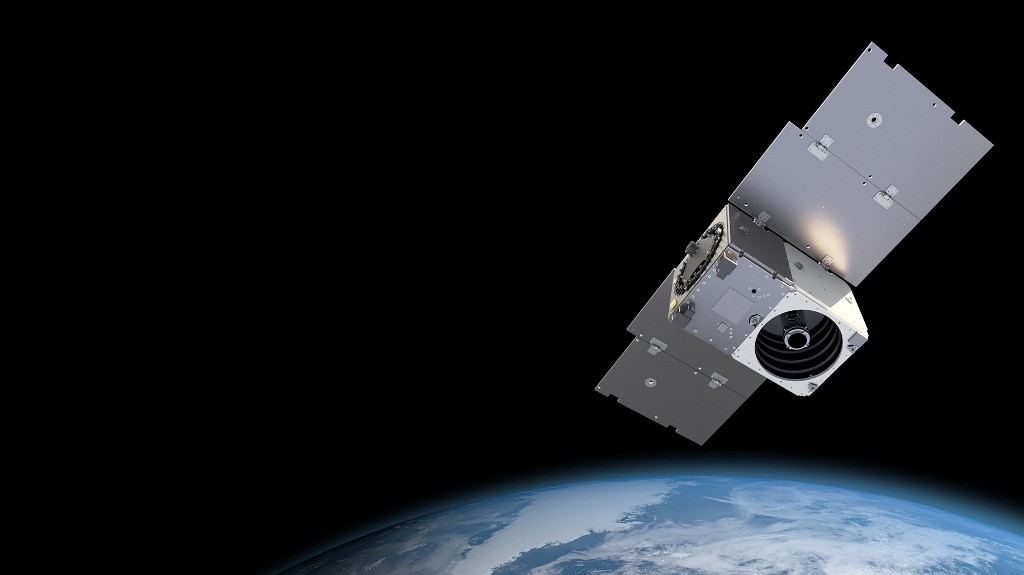
WASHINGTON, D.C., United States (AFP) – Satellite data provider Planet announced Tuesday that it plans to launch a new fleet of orbiting eyes so powerful they can distinguish road markings on the ground.
Planet, which already operates 200 Earth observation satellites from space, wants to make the new function available in 2023.
The new satellites, called Pelican, could be used for mapping services, such as Google maps; in environmental tasks, such as spotting illegal forest clearers or observing crops; and in defense to monitor troop movements and airport activity.
“The data is faster, it’s higher resolution, it’s lower latency, it’s more on demand,” Robbie Schingler, a former NASA engineer who co-founded Planet in 2010, told AFP. “It’s a whole new satellite.”
The announcement, made at the company’s annual conference, underlines the dynamism of the booming nanosatellite market.
The Pelican satellites could also help support rescue operations, for example by observing the spread of a fire, the company said.
Planet already has a fleet of 180 satellites, called Dove, which take a picture of the entire planet every day, as well as 21 satellites that can be used to photograph a particular location up to 10 times a day.

The new fleet is a modernized version of those 21 satellites, which were first launched in 2014 and have a lifespan of five to six years.
The Pelican satellites, designed and manufactured by Planet, will also feature a reduced lag period between when a photo is taken and when it’s sent from the current two hours, Schingler said. “Pelican will be better.”
The Pelican satellites will also be able to take more than the current 10 photographs a day.
“We’re going to launch our first one next year. Then in 2023 (we) launch more of a constellation,” Schingler told AFP, adding that the company can deploy “dozens and dozens, even hundreds,” of satellites depending on how many contracts it gets.
Planet also announced a new service that facilitates data processing and interpretation for subscribers.
Planet currently has around 700 clients, government and private, and produces more than three million images daily.
© Agence France-Presse








